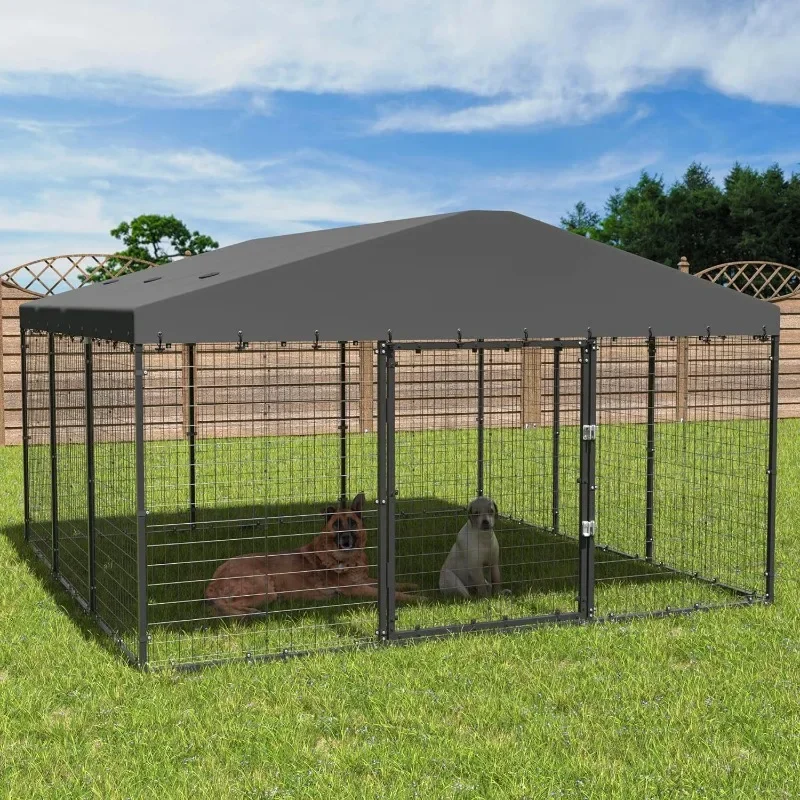Introduction to Kennel Cough
Can humans get kennel cough from dogs? Kennel cough is a term used to describe a common respiratory infection in dogs. It is medically known as canine infectious tracheobronchial. This condition causes a dry, persistent cough and is often associated with a range of other symptoms, including sneezing and a runny nose. The infection is highly contagious among dogs, particularly in places where they are in close contact, such as kennels, dog parks, or grooming salons. The key question many pet owners have is whether kennel cough can be transmitted from dogs to humans.

What Causes Kennel Cough?
The Culprits Behind the Infection
Kennel cough is usually caused by a combination of viruses and bacteria. The most common pathogens are the Bordetella bronchiseptica bacteria and various viruses such as the canine parainfluenza virus and adenovirus. These pathogens are responsible for irritating the dog’s upper respiratory tract, leading to the characteristic cough and other symptoms.
Transmission Among Dogs
Kennel cough spreads easily among dogs due to the close proximity in which they live or interact. The infection is typically spread through airborne droplets that are expelled when an infected dog coughs or sneezes. It can also be transmitted via direct contact with contaminated surfaces, such as toys or water bowls.
Can Humans Get Kennel Cough?
Understanding Zoonotic Diseases
Zoonotic diseases are infections that can be transmitted from animals to humans. Many diseases, like rabies or ringworm, are known to cross the species barrier. However, kennel cough is not classified as a zoonotic disease. This means it is not known to be transmissible from dogs to humans.
Research and Evidence
Scientific studies and veterinary research indicate that the pathogens responsible for kennel cough are specific to dogs and do not generally infect humans. The Bordetella bronchiseptica bacterium, while it can occasionally infect other species, is not typically a cause of respiratory illness in humans. There have been rare cases where people with weakened immune systems or pre-existing respiratory conditions have shown some susceptibility, but these instances are extremely uncommon.
Why Humans Are Not Typically Affected
Differences in Respiratory Systems
The anatomy and physiology of a dog’s respiratory system are different from those of humans. The pathogens that affect dogs are specifically adapted to their respiratory systems. Humans and dogs have different types of receptors and immune responses, which means that the bacteria and viruses affecting dogs are not usually able to infect humans effectively.
The Role of the Immune System
In healthy individuals, the immune system provides a strong defense against infections. Most people are able to resist pathogens that are not specifically adapted to their bodies.
Precautions and Best Practices
Keeping Your Dog Healthy
Even though kennel cough is not a risk to humans, it is essential to ensure that your dog is vaccinated and healthy. Vaccines can protect your dog from the common pathogens associated with kennel cough. Regular check-ups with the veterinarian can also help to catch any signs of illness early.
Hygiene and Safety
Maintaining good hygiene practices can help prevent the spread of kennel cough among dogs. Washing your hands after handling dogs, cleaning their toys and bedding, and avoiding contact with sick dogs are good practices. These steps ensure that your dog remains healthy and reduces the risk of transmitting infections between dogs.

Additional Considerations
Signs of Kennel Cough in Dogs
Recognizing the symptoms of kennel cough in your dog is crucial. Besides a persistent cough, signs can include a runny nose, sneezing, and mild fever. Some dogs might also exhibit a decrease in appetite or energy levels. If you notice these symptoms, it is important to consult with a veterinarian for an accurate diagnosis and appropriate treatment.
Treatment and Management
Veterinary Care
Treatment for kennel cough usually involves supportive care, including rest and hydration. Most cases resolve on their own within a few weeks, but professional guidance ensures that your dog receives the best care.
Home Care
At home, keep your dog comfortable and avoid exposing them to other dogs until they have fully recovered. Ensure they have a warm and quiet place to rest and provide plenty of fresh water. Humidifiers or steam therapy can also help ease their symptoms.
Vaccination and Prevention
Vaccination is one of the most effective ways to prevent kennel cough. Many veterinary clinics offer vaccines that protect against the Bordetella bronchiseptica bacteria and other pathogens.
Prevention
Regularly clean your dog’s living area and personal items to reduce the chance of infection.
Social and Emotional Impact
Managing Dog Interactions
Limiting exposure to other dogs during their recovery helps prevent the spread of the infection and protects other pets.
Caring for an Ill Dog
Caring for a sick pet can be emotionally challenging. Ensuring they are comfortable and providing them with plenty of attention can help improve their mood and speed up their recovery.

Long-Term Implications
Recurrence and Chronic Issues
In most cases, kennel cough is a short-term issue. Chronic respiratory issues can sometimes develop, so ongoing veterinary care is important for monitoring your dog’s respiratory health.
Ongoing Prevention
Staying proactive about vaccinations and general health check-ups helps in minimizing future risks. Regular vet visits allow for early detection and management of any emerging health issues.
FAQs
Can my dog catch kennel cough from a dog in the park?
Yes, kennel cough spreads easily in places where dogs congregate, such as parks or grooming salons. Keeping your dog up to date with vaccinations can help reduce this risk.
Is there a cure for kennel cough?
There is no specific cure, but supportive care and, if necessary, medication prescribed by a vet can help manage the symptoms and speed up recovery.
Can other pets, like cats, catch kennel cough?
Kennel cough primarily affects dogs. Cats and other pets are not typically at risk of contracting the disease, as it is specific to canine respiratory systems.
The Role of Veterinary Guidance
Importance of Professional Advice
Even though kennel cough is generally not a serious condition, consulting a veterinarian is crucial. They can provide a precise diagnosis and tailor treatment options based on your dog’s specific needs.
Diagnostic Techniques
Veterinarians might use several diagnostic tools to confirm kennel cough, including physical examinations, throat swabs, or even chest X-rays in more severe cases. These tools help differentiate kennel cough from other respiratory conditions.
What to Do If Your Dog Shows Symptoms
Initial Steps to Take
If you suspect your dog has kennel cough, it is essential to consult a veterinarian. They will conduct a physical examination and may recommend specific treatments. Depending on the severity, they may prescribe antibiotics or suggest home remedies like humidifiers or honey.
Importance of Follow-Up Care
Keep a close eye on your dog’s condition after starting treatment. If symptoms worsen or do not improve within a week, consult your veterinarian again. Follow-up care is crucial for ensuring that your dog recovers fully and does not contract further complications.
The Larger Picture: Respiratory Illnesses in Dogs and Humans
Differences Between Canine and Human Respiratory Illnesses
Understanding the differences between canine and human respiratory diseases is important. While both species can suffer from respiratory infections, the pathogens responsible rarely cross species. For humans, common viruses like the flu or COVID-19 are the main culprits. Meanwhile, dogs are more prone to infections like kennel cough and canine influenza. Such distinctions help clarify why kennel cough poses little risk to humans.
Staying Informed
Keeping informed about various health issues affecting pets can help owners take necessary precautions. Regular veterinary check-ups are also essential. Professionals can provide updates on vaccines, dietary needs, and other health concerns. Owners should also be aware of general hygiene and best practices to maintain their dog’s health.
Conclusion
In summary, while kennel cough is a common and highly contagious respiratory infection among dogs, it does not pose a risk to human health. The pathogens responsible for kennel cough are specific to dogs and do not typically affect humans. By understanding how kennel cough spreads and taking appropriate precautions, you can keep both your dogs and yourself healthy. Ensuring proper vaccinations, maintaining good hygiene, and staying informed are key to managing this condition effectively.
